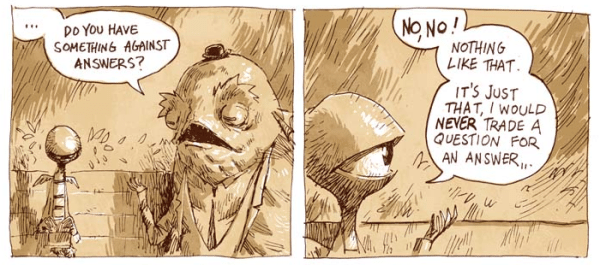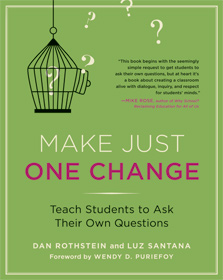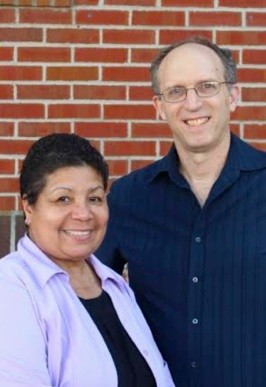My daughter, Ariela, a Global Studies teacher at East Brooklyn Community High School in New York and clever observer of interesting items in the Internet Galaxy, sent along a comic strip with her curator’s advice: “For RQI” (Right Question Institute).
For RQI and how.
Two characters from an unknown species sitting on a bench, two collectors actually. One who collects questions whom we’ll call the “Question Collector,” and the other we’ll name as the “Answer Collector” who collects…well, you already know the…
This “Answer Collector” doesn’t see much point in collecting questions and tries to push the Question Collector’s button with a hostile question of his own:
“Do you have something against answers?”
“No,” the Question Collector declares emphatically, praising, instead their importance for making decisions and taking action. But, there is a drawback to answers. Their shelf-life is limited and, yet, they “feel so important, so full of themselves.”
The two collectors parry back and forth across an epistemological chasm until the Answer Collector leaves in a huff, throwing, in parting, what surely must be the perfect final dart to destroy the Question Collector’s argument .
But, the parting argument of the Answer Collector, it turns out, comes not as an answer, but in the form of a question.
To which, the Question Collector responds…Well, enjoy reading it for yourself. Why should I spoil it for you?
But, please come back and tell us where you stand! Are you a collector of questions…or answers?





I went over the QFT documentation on the resources page and am wondering if any one has ever applied this technique in large size classes where the number of students sometimes is over 70? In such a situation would QFT be better done online; a VLE such as Moodle? Any tips and feedback are welcome. Thanks
Hi Assia,
Yes we’ve facilitated the Question Formulation Technique with large audiences — most of them have been adult seminars however. That’s worked out well. You could also apply the technique online, especially if you’re interested in whole group questioning. Typically we break into groups of 6-10 to make any large group manageable.